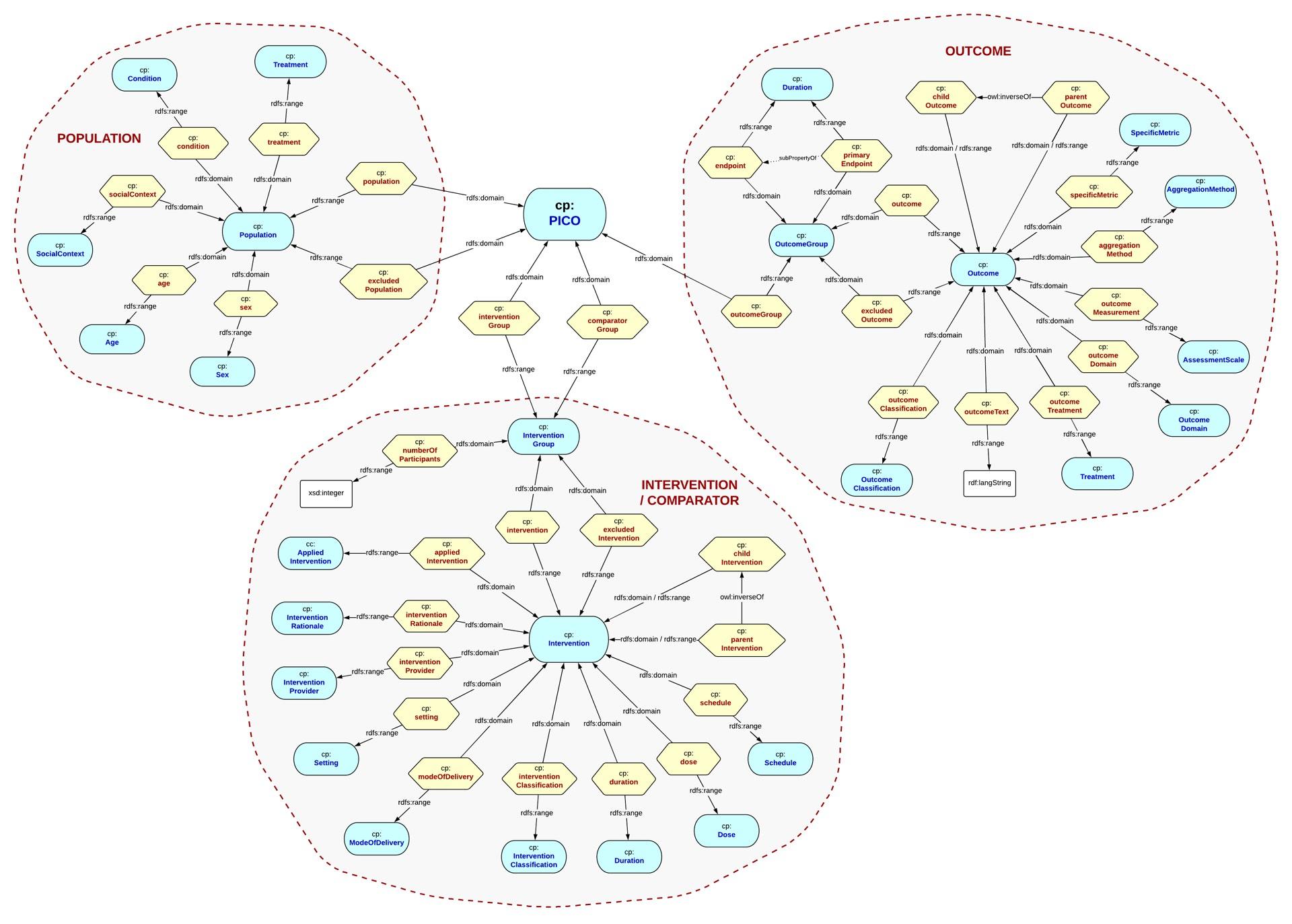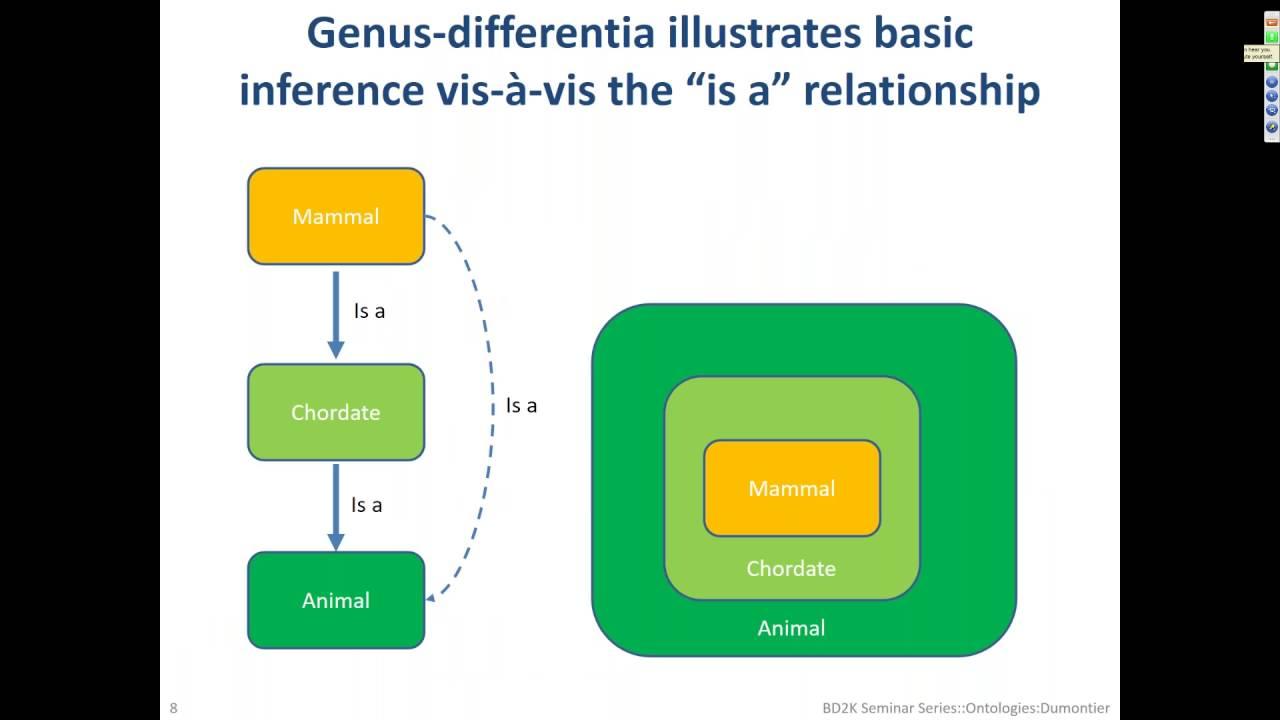In the rapidly evolving landscape of data science and machine learning, ontologies have emerged as a pivotal tool for unlocking the potential of complex data sets. As we venture into 2023, understanding the power and versatility of ontologies is essential for data scientists and machine learning engineers looking to push the boundaries of innovation. Join us as we delve into the world of ontologies and explore how they are reshaping the future of data science and machine learning.
– Unleashing the Power of Ontologies in Data Science and Machine Learning
Ontologies play a vital role in the world of data science and machine learning, serving as a foundational tool that helps organize complex information in a meaningful way. By defining relationships and hierarchies between concepts, ontologies provide a structured framework for data scientists and machine learning engineers to work with, enabling them to extract valuable insights and build powerful predictive models.
One of the key benefits of utilizing ontologies in data science and machine learning is the ability to enhance data integration and interoperability. By standardizing the representation of data entities and their relationships, ontologies help facilitate seamless data exchange between different systems and applications. This not only improves the efficiency of data processing but also ensures greater accuracy and consistency in model training and inference. In addition, ontologies enable data scientists to leverage domain-specific knowledge and domain expertise to enrich their analysis and decision-making processes, ultimately leading to more robust and reliable outcomes.

– Leveraging Ontologies for Enhanced Data Integration and Analysis
Ontologies play a crucial role in data integration and analysis by providing a structured framework for organizing and representing knowledge in a domain-specific context. By defining a set of concepts and their relationships, ontologies allow data scientists and machine learning engineers to harmonize disparate data sources, standardize terminology, and facilitate seamless data integration. With the rapid growth of data volume and complexity, leveraging ontologies has become increasingly essential for extracting meaningful insights and patterns from diverse data sources.
One of the key advantages of using ontologies in data integration is the ability to define common vocabularies that help bridge the semantic gap between different datasets. By mapping data attributes to ontology terms, data scientists can enhance data interoperability and facilitate data sharing across systems. Moreover, ontologies enable more efficient data analysis by providing a higher level of abstraction that promotes reusability and consistency in data processing workflows. In essence, ontologies serve as powerful tools for enhancing data quality, promoting data enrichment, and fostering a more holistic approach to data integration and analysis.

– Empowering Machine Learning Models with Ontological Knowledge
Ontologies play a crucial role in enhancing the capabilities of machine learning models by providing a structured framework of relationships and hierarchies within a particular domain. By incorporating ontological knowledge into ML algorithms, data scientists and engineers can achieve more accurate and insightful results. Ontologies act as a knowledge base that helps machines understand and reason about the data they encounter, enabling them to make more informed decisions.
With the help of ontologies, machine learning models can better interpret complex datasets, identify patterns, and make predictions with higher confidence levels. By leveraging ontological knowledge, data scientists can ensure that their models are not only accurate but also robust and adaptable to changing environments. Ultimately, the integration of ontologies into machine learning processes empowers AI systems to perform more effectively and efficiently in a wide range of applications.

– Best Practices for Implementing Ontologies in Data Science and Machine Learning workflows
Implementing ontologies in data science and machine learning workflows can greatly enhance the efficiency and effectiveness of these processes. By organizing and categorizing data using a formal ontology, data scientists and machine learning engineers can ensure consistency, interoperability, and reusability of data across different projects and teams. This not only streamlines the data pipeline but also facilitates knowledge sharing and collaboration within the organization.
Some best practices for implementing ontologies in data science and machine learning workflows include:
- Define clear and precise concepts and relationships within the ontology.
- Use standard ontology languages such as OWL or RDF to ensure compatibility with existing tools and frameworks.
- Regularly update and maintain the ontology to reflect changes in the data and domain knowledge.
Key Takeaways
ontologies serve as a vital tool for data scientists and machine learning engineers in navigating the complex landscape of data and generating actionable insights. By providing a structured framework for organizing and integrating data, ontologies enable researchers to uncover hidden patterns and relationships, ultimately driving innovation and progress in the field of data science. As the technology continues to evolve, incorporating ontologies into our data analysis workflows will become increasingly essential for unlocking the full potential of machine learning and artificial intelligence. So, embrace the power of ontologies and embark on a journey towards a more interconnected and intelligent future.